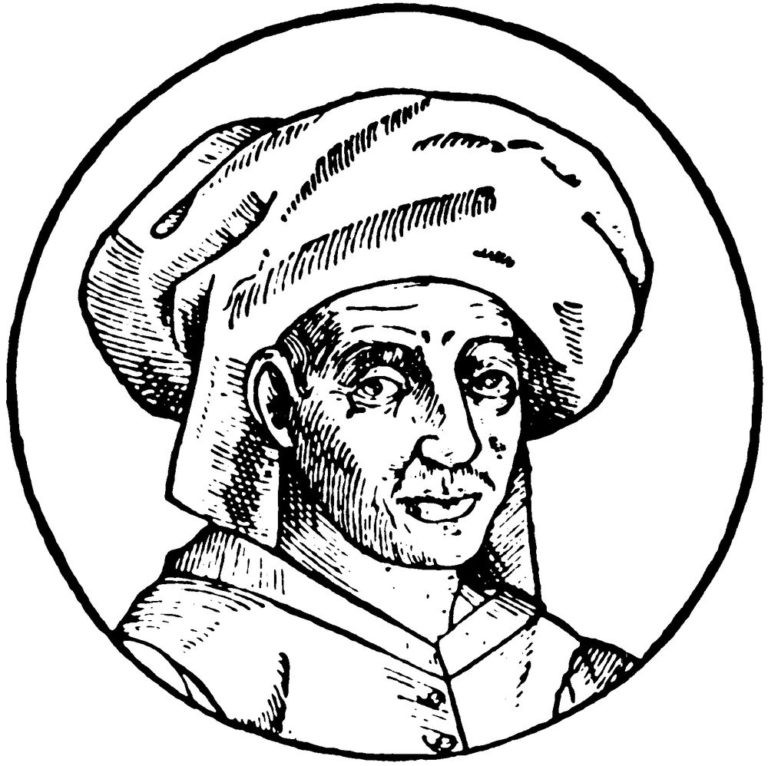Josquin DESPREZ (Josquin des Prés) c. 1450-1521

Often referred to simply as Josquin, was a French composer of the Renaissance. He was the most famous European composer between Guillaume Dufay and Giovanni Pierluigi da Palestrina, and is usually considered to be the central figure of the Franco-Flemish School. Josquin is widely considered the first master of the high Renaissance style of polyphonic vocal music that was emerging during his lifetime.
During the 16th century, Josquin acquired the reputation of the greatest composer of the age, his mastery of technique and expression universally imitated and admired. Writers as diverse as Baldassare Castiglione and Martin Luther wrote about his reputation and fame, with Luther declaring that „he is the master of the notes. They must do as he wills; as for the other composers, they have to do as the notes will.” Theorists such as Heinrich Glarean and Gioseffo Zarlino held his style as that best representing perfection. Many anonymous compositions were attributed to him by copyists, probably to increase their sales. More than 370 works are attributed to him; it was only after the advent of modern analytical scholarship that some of these attributions were challenged and revealed as mistaken, on the basis of stylistic features and manuscript evidence. In spite of Josquin’s renown, which endured until the beginning of the Baroque era and was revived in the 20th century, his biography is shadowy, and almost nothing is known about his personality. The only surviving work which may be in his own hand is a graffito on the wall of the Sistine Chapel, and only one contemporary mention of his character is known.
Josquin wrote both sacred and secular music, and in all of the significant vocal forms of the time, including masses, motets, chansons and frottole. During the 16th century, he was praised for his melodic gift and his use of technical devices. In modern times, scholars have attempted to ascertain the basic details of his biography, and have tried to define the key characteristics of his style to correct misattributions. This has proven difficult, as Josquin sometimes wrote in an austere style devoid of ornamentation, and at other times he produced music requiring considerable virtuosity. Heinrich Glarean wrote in 1547 that Josquin was not only a „magnificent virtuoso” (the Latin can be translated also as „show-off”) but capable of being a „mocker”, using satire effectively. While the focus of scholarship in recent years has been to remove music from the „Josquin canon” (including some of his most famous pieces) and to reattribute it to his contemporaries, the remaining music represents some of the most famous and enduring of the Renaissance.
